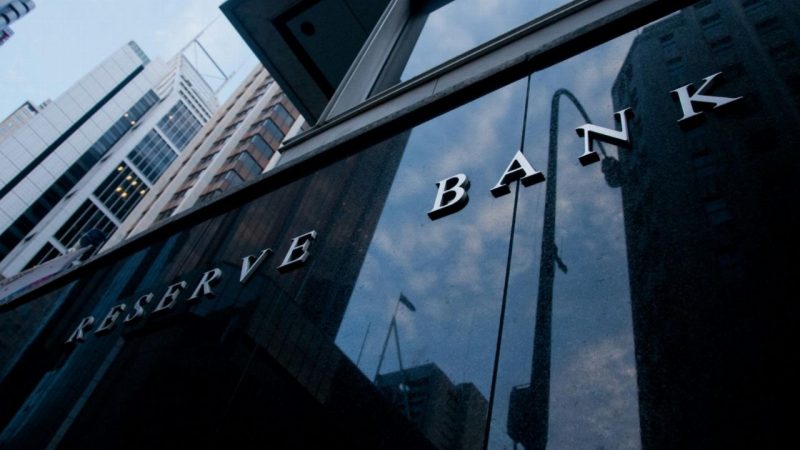The Reserve Bank of Australia acting Assistant Governor Marion Kohler has confirmed national inflation is set to remain for longer than previously forecast.
Higher taxes and interest rates will continue to hit households and national GDP growth will be below average across 2024, driven by low consumer demand.
At the same time, international students and migrants broadly are keeping the retail sector simmering.
Ms Kohler’s confirmation of a revised inflation trajectory follows a release from the central bank on Friday.
Late last week, the RBA stated inflation would only hit the three per cent target range in late 2025.
That move stirred some interest.
So much so, that the Wall Street Journal ran it as a story.
“Little below three” late 2025
“Inflation is expected to be a little below three per cent at the end of 2025,” Ms Kohler said.
“We now expect [disinflation] to be a more gradual process than we previously thought, due to the still-high level of domestic demand and strong labour and other cost pressures.
“By contrast, domestically sourced inflation – in particular, services price inflation – has been widespread and slow to decline.”
While Ms Kohler flagged strong labour as a factor in slowing the disinflation trajectory, she outlined that RBA’s mandate is also – conversely – to maintain full employment.
Shelter prices – both for owners and renters – remain Australia’s most significant inflation pressure.
Labourflation
This tight labour market is part of the reason why inflation continues.
As producers’ prices go up, they pass those prices on to customers. And customers – most of them in work – have the money to pay.
“Business costs such as energy, rent and insurance have risen strongly, and labour costs have been pushed up,” Ms Kohler added.
Orthodox economic theory maintains that for disinflation to occur, unemployment must rise.
The RBA, meanwhile, finds itself juggling two roles – one as a monetary manager, and one as job market stimulator.
Ms Kohler also noted that large public infrastructure works were also a significant source of economic stimulus.
The ALP recently announced Canberra’s looking for major projects to cull in a bid to reduce cost blowouts boosting inflation.
OECD quality of life rankings
This fairly uninspiring picture comes days after new OECD data put Australia in a bad light.
Quality of life in Australia has fallen the most out of all developed nations.
Disposable incomes have fallen to their lowest level since June 2019.
In the 12 months to June 2023, household incomes dropped 5.1 per cent.
Treasurer Jim Chalmers’ staffers put it on record that higher interest rates and inflation are to blame.
Staffers also pointed to a $23 billion cost-of-living relief plan. This comes as the government is also looking to cut $33 billion of infrastructure spending.
The government is also looking for $25 billion to fund defence applications, according to reports.

